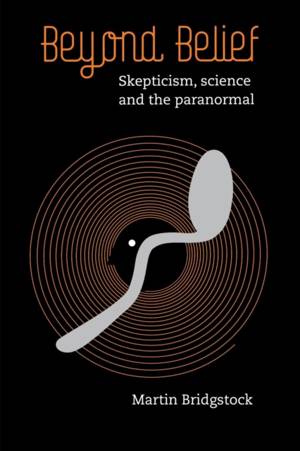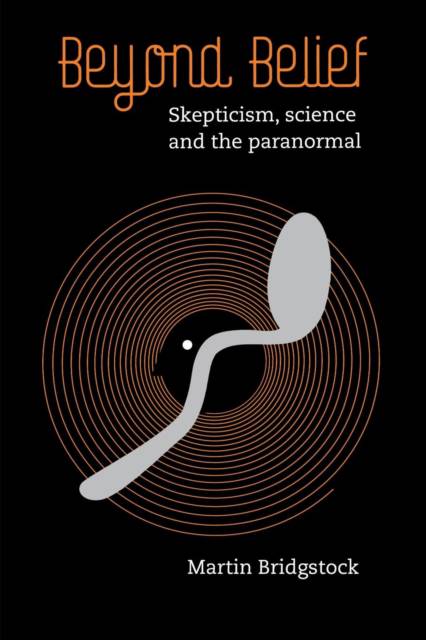
Je cadeautjes zeker op tijd in huis hebben voor de feestdagen? Kom langs in onze winkels en vind het perfecte geschenk!
- Afhalen na 1 uur in een winkel met voorraad
- Gratis thuislevering in België vanaf € 30
- Ruim aanbod met 7 miljoen producten
Je cadeautjes zeker op tijd in huis hebben voor de feestdagen? Kom langs in onze winkels en vind het perfecte geschenk!
- Afhalen na 1 uur in een winkel met voorraad
- Gratis thuislevering in België vanaf € 30
- Ruim aanbod met 7 miljoen producten
Zoeken
€ 76,45
+ 152 punten
Omschrijving
Whether ghosts, astrology or ESP, up to 80 per cent of the population believes in one or more aspects of the paranormal. Such beliefs are entertaining, and it is tempting to think of them as harmless. However, there is mounting evidence that paranormal beliefs can be dangerous - cases of children dying because parents rejected orthodox medicine in favour of alternative remedies, and 'psychics' who trade on the grief of the bereaved for personal profit and gain. Expenditure on the paranormal runs into billions of dollars each year. In Beyond Belief: Skepticism, Science and the Paranormal Martin Bridgstock provides an integrated understanding of what an evidence-based approach to the paranormal - a skeptical approach - involves, and why it is necessary. Bridgstock does not set out to show that all paranormal claims are necessarily false, but he does suggest that we all need the analytical ability and critical thinking skills to seek and assess the evidence for paranormal claims.
Specificaties
Betrokkenen
- Auteur(s):
- Uitgeverij:
Inhoud
- Aantal bladzijden:
- 214
- Taal:
- Engels
Eigenschappen
- Productcode (EAN):
- 9780521758932
- Verschijningsdatum:
- 20/10/2009
- Uitvoering:
- Paperback
- Formaat:
- Trade paperback (VS)
- Afmetingen:
- 133 mm x 208 mm
- Gewicht:
- 322 g

Alleen bij Standaard Boekhandel
+ 152 punten op je klantenkaart van Standaard Boekhandel
Beoordelingen
We publiceren alleen reviews die voldoen aan de voorwaarden voor reviews. Bekijk onze voorwaarden voor reviews.









